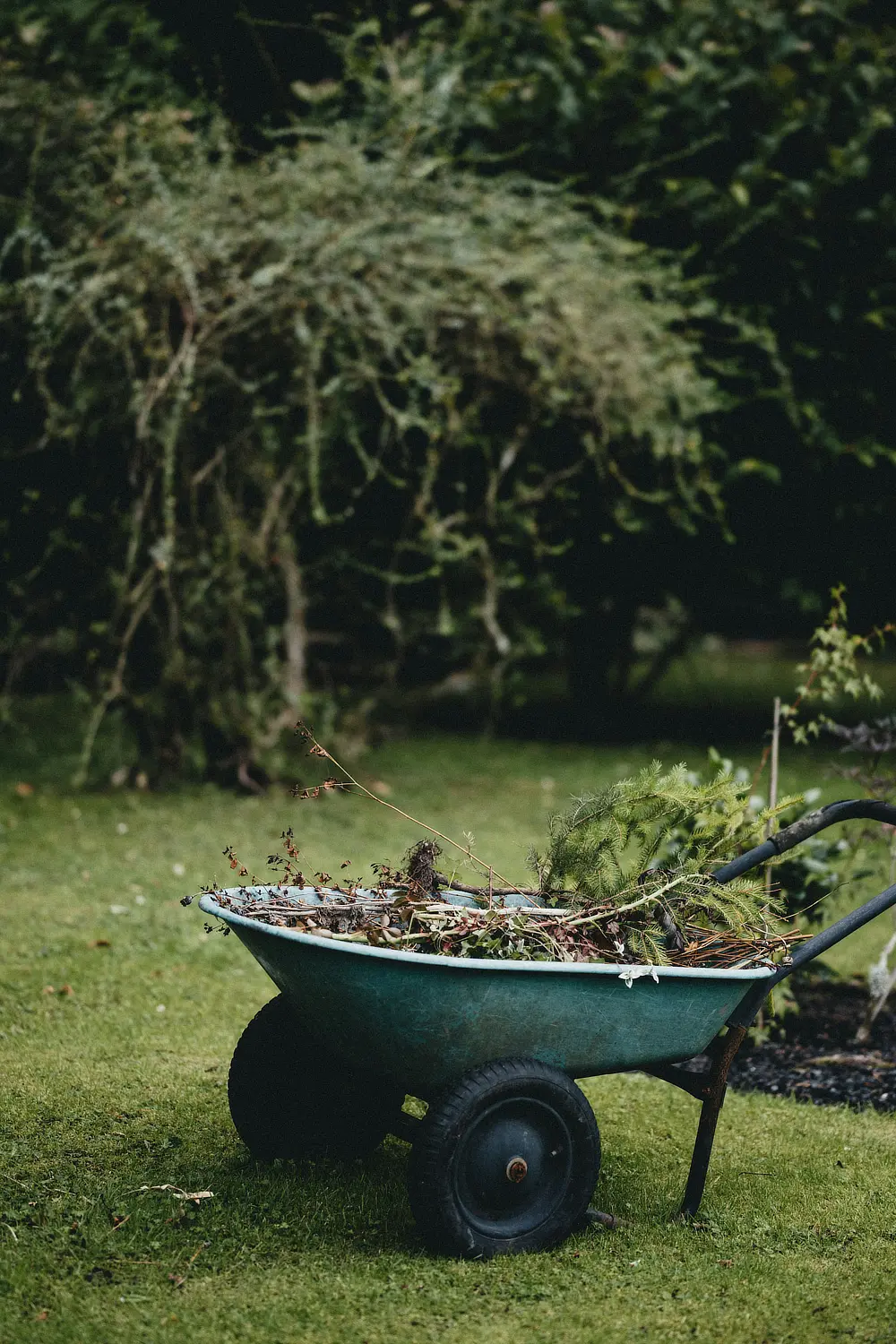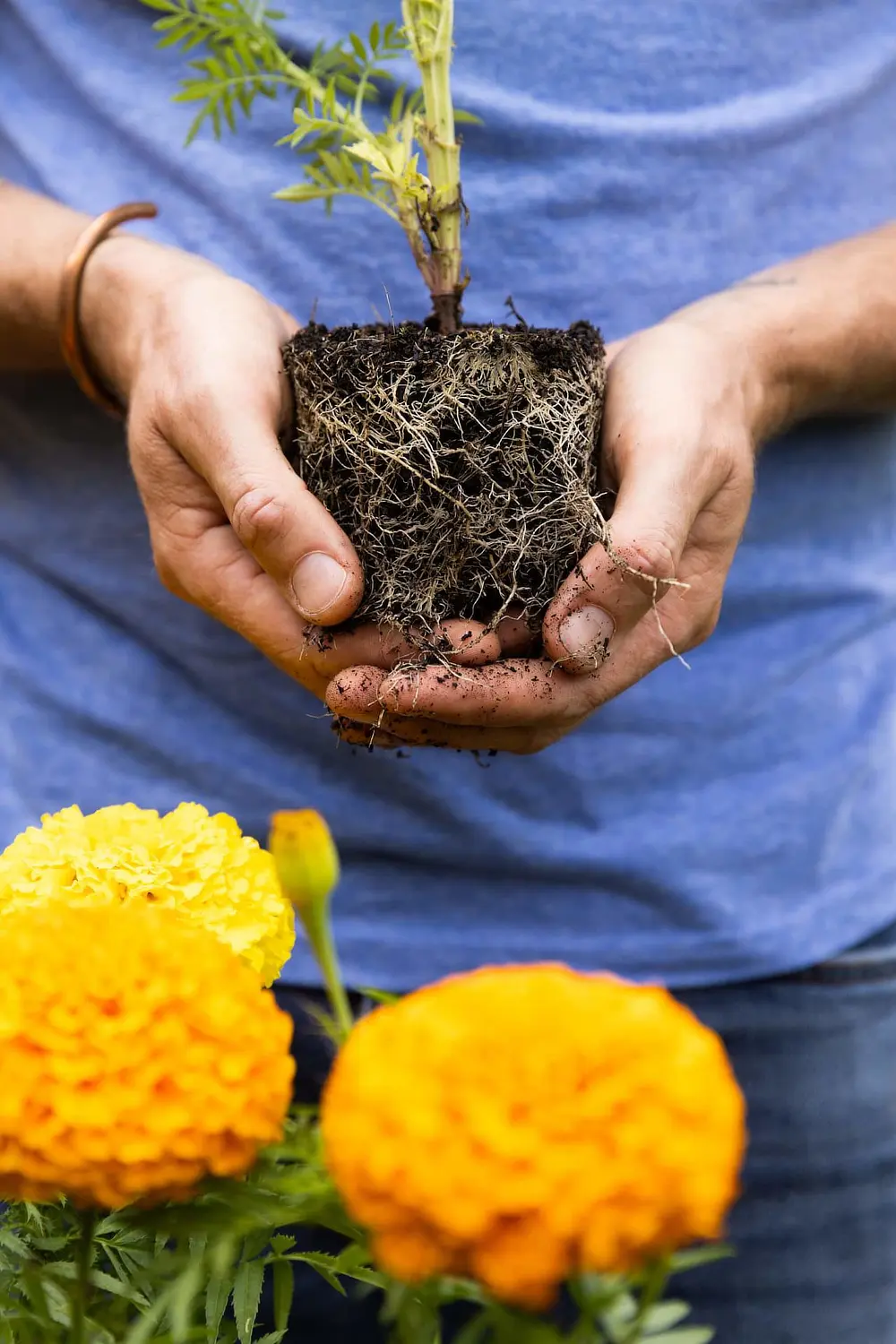When it comes to gardening, everyone has their own unique approach. Some gardeners are deeply involved, constantly planning and tending to their plants, while others may be just starting out or prefer a more relaxed approach. Understanding your gardening style can help you tailor your outdoor space to your strengths, making it easier to care for your plants and enjoy the process. So, let’s explore the different types of gardeners out there and some tips on how to make the most of your green thumb.
I think it is important to know what type of gardener you are so you can tailor the type of garden you have to your individual positive traits. As a garden grows the maintenance will need doing and knowing the relationship you have with gardening will allow you to modify what you have so you can successfully look after it – a well maintained garden always looks better.
There is the utterly obsessed, where all they tend to think about is gardens, what needs doing outside, what do I need to plan for next season, what can I spray, cut or transplant right now? These types of gardeners can’t think of or talk about anything else, it’s like an obsession. I’ll admit I’m a bit like this, but I do find time to sit outside and enjoy the fruits of my labours. Being able to relax and enjoy the garden is one of the best parts about the hard work that goes into it and one part of the gardening process that is often moved down the priority list when there are a few jobs to tick off that list.
At the other end of the scale are those that are just starting out, they have minimal experience, but they want to learn, and they love plants. I was one of these once, about 25 years ago. I should also mention I don’t think there is anyone with “brown thumbs” as many tell me they have, there are just people who don’t have the experience in gardening yet. I wasn’t born with green thumbs I had to learn it all and most of that came through experience, but I held onto the information that was given to me as I was interested in it all.
Learning from what you do outside in the garden is key to becoming a good gardener. If something grows particularly well work out why – is it the aspect, the soil, the fertilising, irrigation or all of the above? Same goes for if something is struggling – why? You’ll learn much faster as a gardener if you dedicate less time but more often than trying to cram it all into a big day once or twice a month. Working little and often allows you to pick up on the nuances of the effects of what you are doing.
Of course, between these two types of gardeners are many more, the lazy gardener loves the final look of the garden but can’t be bothered to do it. All the gear and no idea gardener is far too over-zealous with the pruning and mowing and often cuts too much off everything! The impatient gardener stares at their seeds waiting for them to germinate, gets bored of it and gives up or heads out to the nursery and spends big on advanced plants!
Knowing when to do nothing and not garden is a skill that must be learnt for all types of green thumbs. Often you can overdo it just for the sake of doing something, in this case I recommend stopping worrying about your garden and relax.
The main culprits that can do more damage than good are if it’s too wet, if it’s the wrong season, if feeding has been done or it’s just too hot to be outside. In any of these cases my advice would be, if you’re tired, sit down and have a nice cup of tea in the garden and if your full of energy, just go and turn the compost!


